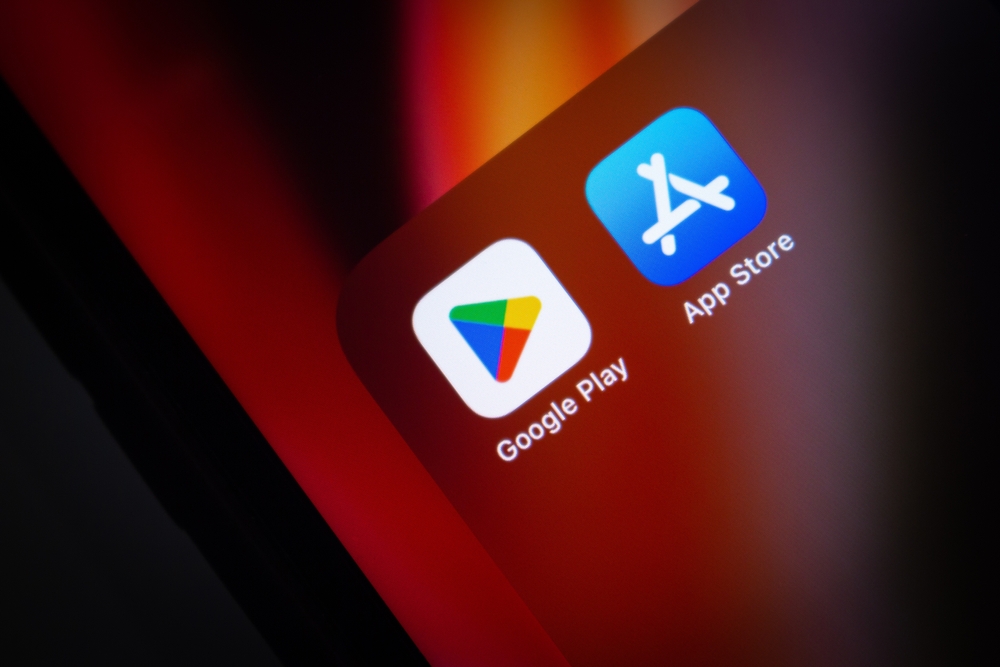
Mobile apps have become an integral part of our daily lives, with millions of apps available for download across various platforms. However, with the increasing number of apps in the market, it has become more challenging for developers to ensure their app stands out and reaches its target audience. To tackle this, mastering mobile Android or iOS app marketing is crucial for the success and visibility of your app.
1. Define Your Target Audience
Before diving into marketing your mobile app , it's essential to define your target audience. Understanding who your app is catering to will help you create targeted marketing campaigns that resonate with your potential users. Conduct thorough market research, analyze demographics, and consider your app's unique selling points (USPs) to identify your audience.
2. Optimize Your App Store Listing
App store optimization (ASO) is vital for improving your mobile Google Play or App Store app 's visibility. Begin by optimizing your app's title, description, keywords, and screenshots to make it easier for potential users to find it. Use relevant and popular keywords related to your app's niche throughout the description and title to boost discoverability.
3. Leverage Social Media
Social media platforms offer a wealth of opportunities for mobile iOS or Android app marketing. Create engaging social media profiles for your app on platforms like Facebook, Twitter, Instagram, and LinkedIn. Regularly share updates, app features, and promotional content to generate interest and attract new users.
In addition to organic posts, consider running paid advertising campaigns. Platforms like Facebook Ads and Instagram Ads enable targeted advertising, allowing you to reach users based on demographics, interests, and other relevant criteria.
4. Implement Influencer Marketing
Influencer marketing has gained significant traction in recent years and can be a powerful tool for mobile App Store or Google Play app promotion. Identify influencers who resonate with your target audience and collaborate with them to promote your app. Influencers can create engaging content, such as reviews, tutorials, and sponsored posts, to showcase your app's features and benefits to their followers.
5. Offer Freemium or Limited-Time Offers
Entice potential users by offering a freemium version of your app. A freemium model allows users to download and use your app for free, with the option to upgrade to a premium version for additional features. This strategy can help you increase app downloads and build a user base who may eventually convert to paying customers.
Additionally, offering limited-time promotions or discounts can create a sense of urgency, motivating users to download your app immediately. Consider partnering with relevant app discovery platforms or using app coupon websites to amplify your promotion efforts.
6. Encourage User Reviews and Ratings
User reviews and ratings hold significant weight in the app stores, influencing potential users' decision-making process. Encourage your existing users to leave positive reviews and ratings for your app. One way to do this is by sending push notifications or in-app messages to prompt satisfied users to rate your app.
Responding to user reviews, both positive and negative, is equally important. Engage with your users and address their concerns promptly. This not only demonstrates your commitment to customer satisfaction but also helps improve your app's reputation.
7. Analyze App Metrics and Seek Feedback
To maximize the success and popularity of your mobile app, constant analysis of app metrics is crucial. Use analytics tools to monitor metrics such as app downloads, user engagement, retention rates, and in-app purchases. Identify patterns, trends, and areas for improvement from the data.
Additionally, seeking feedback from your users is invaluable. Conduct user surveys, encourage reviews, and actively listen to your users' suggestions and pain points. This information can guide future app updates and feature enhancements, resulting in a better user experience and increased app popularity.
Frequently Asked Questions
1. How long does it take to see the results of mobile app marketing?
The results of mobile app marketing can vary depending on various factors, including the competitiveness of your app's niche, the effectiveness and reach of your marketing strategies, and the quality of your app itself. It's essential to have a long-term marketing plan and consistently implement strategies to see significant results.
2. Can I market my mobile app on multiple platforms simultaneously?
Yes, it's possible to market your mobile app on multiple platforms simultaneously. Each platform offers unique advantages and audience demographics. However, it's important to tailor your marketing approach to each platform to maximize engagement and conversion rates.
3. Do I need to invest in paid advertising for mobile app marketing?
While organic marketing efforts can be effective, investing in paid advertising can significantly boost your app's visibility and reach. Platforms like Facebook Ads and Google Ads offer targeted advertising options that help you reach your desired audience more efficiently. Carefully allocate your budget to balance between organic and paid marketing strategies.
4. How do I choose the right influencer for my mobile app marketing?
Choosing the right influencer for your mobile app marketing requires research and consideration. Look for influencers who align with your app's target audience and have a genuine interest in the app's niche. Analyze their follower demographics, engagement rates, and previous collaboration experiences to ensure they can effectively promote your app.
5. How often should I update my mobile app?
The frequency of mobile app updates depends on various factors, such as user feedback, bug fixes, and introducing new features. Regularly releasing updates demonstrates your commitment to maintaining a high-quality app and keeps users engaged. However, ensure that updates are well-planned, thoroughly tested, and communicate the value they bring to users.
Mastering mobile app marketing is a continuous process that requires staying up-to-date with industry trends, understanding your target audience, and implementing effective strategies. By optimizing your app store listing, leveraging social media, implementing influencer marketing, offering freemium options, encouraging user reviews, and analyzing metrics, you can maximize the success and popularity of your mobile app in today's competitive market.
Other useful resources
- https://en.wikipedia.org/wiki/Mobile_app_development
- https://en.wikipedia.org/wiki/IOS
- https://www.appguru24.com/apps-directory/ios/